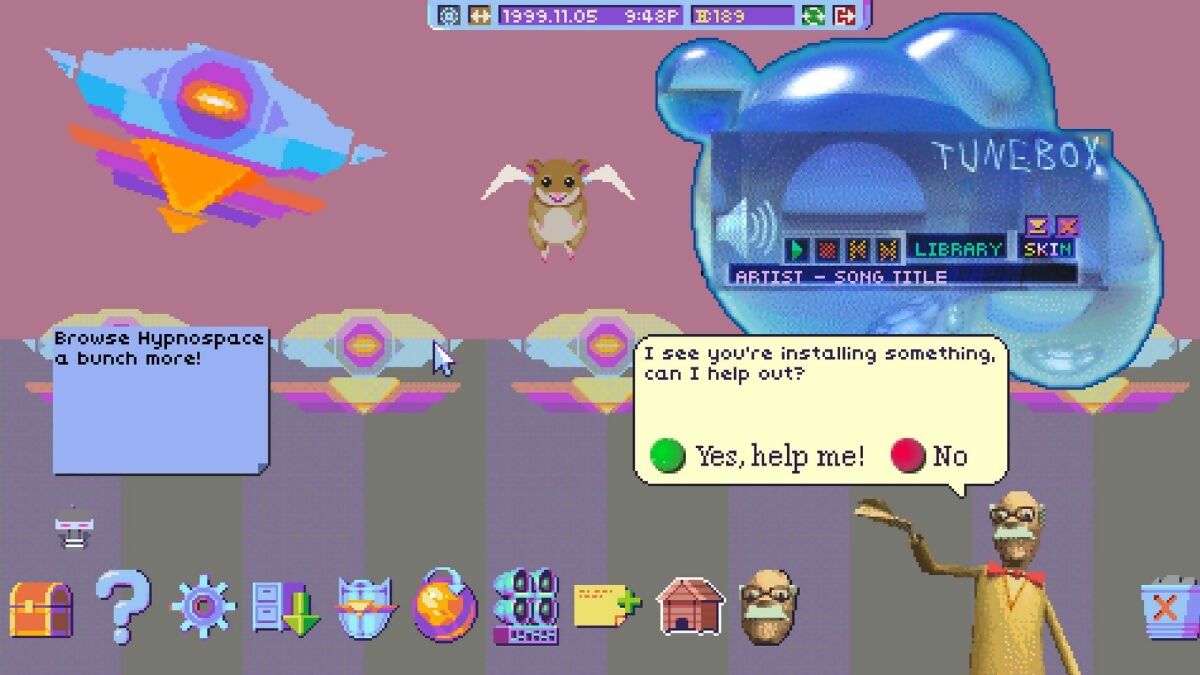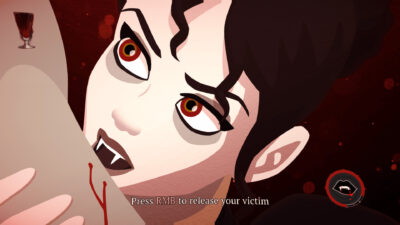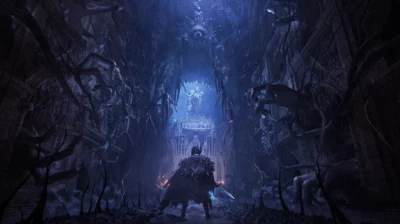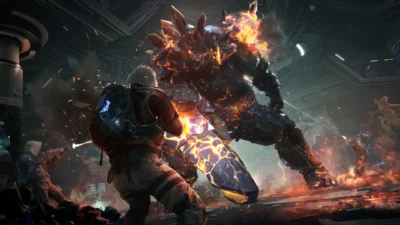
Jay Tholen talks to us about designing an entire fake internet in Hypnospace Outlaw
Hypnospace Outlaw is a retro revival like no other; a self-described ‘nineties internet simulator’ offering players an authentic operating system and a stack of interactive web pages to play around with. All the hallmarks of the era you’d expect are present – animated GIFs, looping MIDI music files, garish background images, downloadable virtual pets – resulting in a pleasingly accurate representation of the technology’s early formative years.
It’s a unique concept, one that relishes in the outlandish marketing terms of the time, like the ‘information superhighway’, ‘cyberspace’ and the wholly inaccurate activity of ‘surfing the web’. “It was always inspired by this idea of taking the information superhighway and turning that into a game,” lead designer Jay Tholen tells us. ”A weird take on the early World Wide Web”.
Funded on Kickstarter in 2016, Hypnospace Outlaw began as a stylish endless runner of sorts. Players would hunt down miscreants on a literal digital highway, avoiding obstacles and other vehicles as they rushed to deliver online justice.
“At the time, the web and operating system were just really ornate level select screens, essentially,” says Jay. “They were just a cute way of contextualising going and knocking into criminals on this highway. After the Kickstarter, when we started development, we realised that when I would post GIFs of the highway bits they weren’t getting a lot of interest, but the OS bits people were really interested in!”
The highway may be gone (in its original form, at least) but the premise remains the same: players assume the role of a digital enforcer within the titular world of Hypnospace, an alternate reality version of the internet its fictional users access via a headband while they sleep.
The game’s virtual operating system serves as a base camp for your activities. HypnOS is a fever dream version of Windows 95 and is fully customisable. Users can change wallpapers, install new software, and can even be bombarded with pop-ups if they accidentally install malware.
From here, players access the game’s dense internet using their Hypnospace Browser, searching for misdemeanours such as copyright infringement or cyberbullying, in order to complete objectives. Reporting online crimes is rewarded with Hypno Coins, a currency used to purchase additional trinkets for your desktop.
The science of sleep
The game’s main storyline, a nebulous thread that revolves around Hypnospace owner Merchantsoft and its upcoming Year 2000 update, is uncovered through organic exploration and searching for hidden pages using the browser’s inbuilt tools. There’s a subtle resemblance to 2015’s excellent Her Story in the way additional twists and turns are uncovered through player-led investigation.
Despite the game’s incorporation of far-fetched sleep-based technology – the kind of thing that wouldn’t seem out of place in an episode of Black Mirror – the team insists this isn’t a modern-day parable for the digital age. Rather, Hypnospace intends to explore the disappointment that surrounded the internet in the late 1990s, as dreams of a ‘cyberspace’ utopia were replaced by the sobering realisation of its limitations.
“I really see the company behind Hypnospace as a pathetic start-up”, says Jay. “They don’t know what they’re doing. So as novel as it is to use the internet while you’re sleeping, this technology is at its peak in the game. It’s bad. There’s disappointment for sure.”
The webpages themselves are staggeringly varied, ranging from personal sites created by Hypnospace’s various citizens to pages dedicated to music groups, products, television shows and memes. The team has spent two and a half years crafting this fictional online society, made up of warped versions of real world nineties trends and products. Pages targeted towards children advertise Squisherz, a video game where players catch horrific monsters. A GIF of a pizza slice dancing to an annoying jingle is a favourite among teens. “I would say most of the time has been spent making up all this stuff, this little world of things,” says Jay.
“HypnOS is a fever dream version of Windows 95 and is fully customisable”
There is a pervasive sense of weirdness throughout Hypnospace’s digital world, amplified by the game’s distorted musical score. The soundtrack currently consists of around 70 songs (the majority composed by Jay) and encompass a wide variety of era-correct genres. “There’s some that sound like Yanni – new-age cheesy keyboard pan flute music – and then there’s some that sound like a weird version of shoegaze,” Jay tells us. “I think I’ve probably spent half of the development time on just the music alone.”
But it’s the fictional citizens of Hypnospace Outlaw who are the true stars. Their individual pages burst with personality thanks to clever, often funny, writing. Their sites will even reflect choices you make throughout the game. Banning a teacher for using copyrighted images on her page, for instance, sees her friends rally together against your decision. “I always try to keep the characters more or less like something you could realistically find on the real internet,” says Jay.
Creating all of this content comes with a cost, though. Keeping the browsable world of Hypnospace cohesive has been a challenge, and for the past year the team has struggled to find a balance between creating a surrealist experience and an actual game. “For some, who I don’t think represent most people who buy games, they would be cool with just having this big alternate reality internet to go poke around in,” Jay tells us. “But it needs to be a game with some challenge. So there’s always been this struggle for the last couple of years of, how to take all this content and stick a good ‘game’ in there.”
For Jay, January 2019 not only marks the release date of Hypnospace Outlaw, but a proposed end to working on the game’s surreal assets in secret, an issue he’s faced since development began. “I do sometimes work on the game on buses and trains, as long as the game proper is open and you can see the context that it’s just some weird thing,” he says, “But if I’m working on a bad drawing? I’ll save that for when I’m alone.”
Hypnospace Outlaw offers a compelling exercise in nostalgia; one that could well deliver on its promise of providing an alternate reality 1990s internet simulator to its players. It may finally be time to surf that information superhighway, or whatever it was we were promised all those years ago.
Do it yourself
Hypnospace Outlaw will also include two programs: The Hypnospace Page Builder and the Hypnospace Tune Sequencer. These will allow players to create custom pages and music for the game. The team plans to include Steam Workshop support for Hypnospace post-launch, enabling players to swap between the base game and custom collections of pages via the in-game UI. “There will be a screen where you can select, in-game, which ‘internet network’ you want to load,” says Jay. “We might contextualise it like internet archive ‘captures’, so you can load in a separate ‘internet’ after you complete the game.”
Genre: 1990s internet simulator
Format: PC
Developer: Tendershoot, Michael Lasch
Publisher: No More Robots
Release: January 2019





